Agricultural expansion in Africa could spark unforeseen climate change
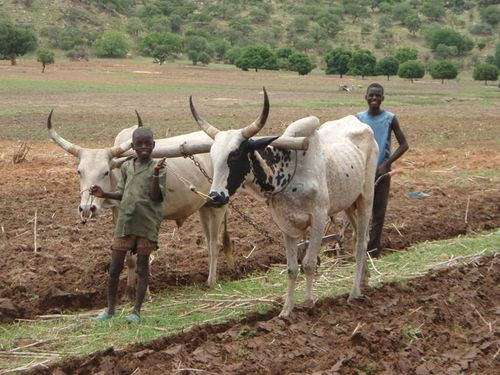
Rainfall and groundwater are crucial for crops in West Africa, yet agriculture may make droughts worse and lead to crop failure, according to a study co-authored by a UBC researcher.
Researchers discovered that a Burkina Faso savannah received more rainfall than nearby land cleared for agriculture, posing serious questions about the sustainability of current farming practices in semi-arid regions. Burkina Faso, one of the poorest countries in West Africa, urgently needs to improve agricultural production to support its population of 16 million.
"We wanted to understand what happens to rainfall, runoff and groundwater levels when you transform a savannah into agricultural land, something that's happening more frequently as West Africa tries to produce more food," said Marc Parlange, a co-author of the study and a hydrology specialist and professor of civil engineering at the University of British Columbia in Vancouver, Canada.
"We found that the agricultural fields would receive some 10 to 15 per cent less convective rainfall—rain produced as the warm landscape heats up the atmosphere—than the natural savannah forest," said Parlange. "That is hugely concerning, as Burkinabe farmers rely completely on rainfall and groundwater."
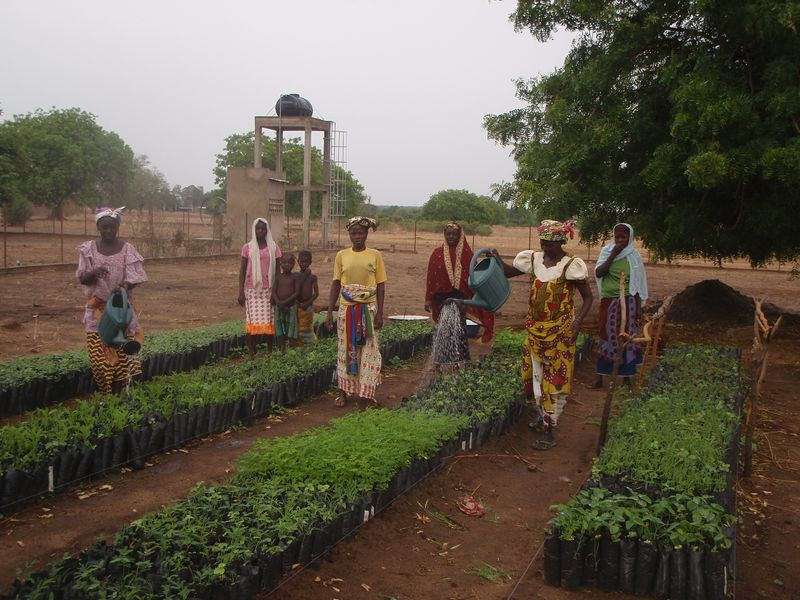
For three years, researchers from Canada, Burkina Faso and the United States recorded rainfall, air temperature and humidity, soil temperature and other weather variables at a natural savannah forest in the village of Tambarga in southeastern Burkina Faso, and at a rice and millet field, 1.5 kilometres away.
"In 2009 and 2010, when the country received more than 1,000 millimetres of rain per year, the Tambarga savannah forest saw about 15 per cent more rainfall than the agricultural site," said Theophile Mande, the Burkinabe lead author and a PhD graduate of the École Polytechnique Fédérale de Lausanne in Switzerland.
"Even in 2011, a dry year with total rainfall of 600 millimetres, the difference was greater than 20 per cent," said Mande.
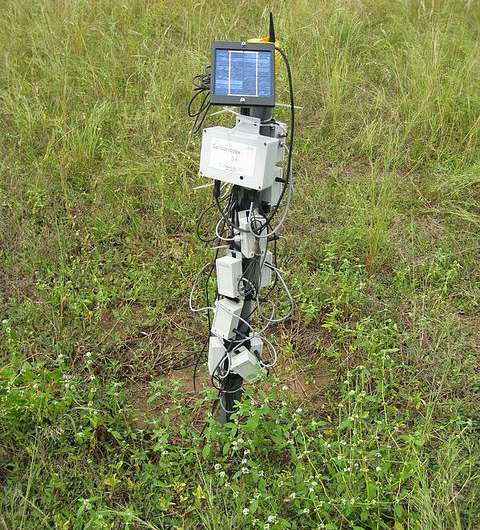
Landlocked Burkina Faso has limited water resources. When rain fails, crops die and food shortages follow. In the 1970s, a period of severe drought led to widespread famine that claimed many Burkinabe lives.
"This study highlights how changing one part of the ecosystem could have an unforeseen effect on other parts. It raises questions about how our ecosystems should be managed for future generations and for the native plant and animal species as well," said Parlange.
-
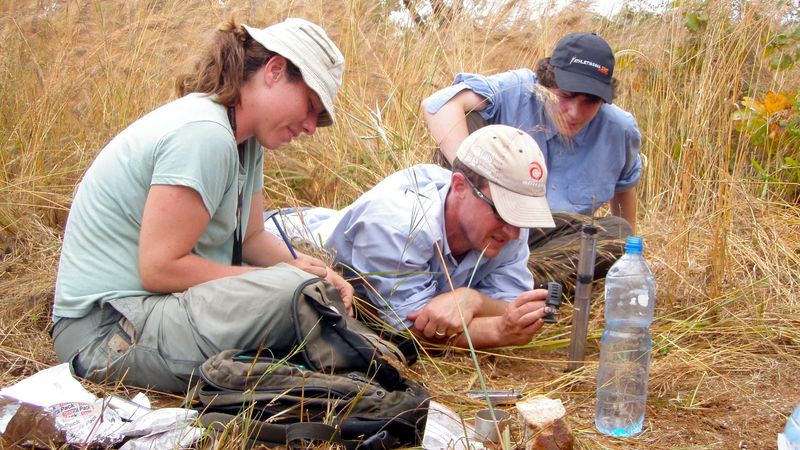
Credit: Théophile Mandé and Natalie Ceperley -
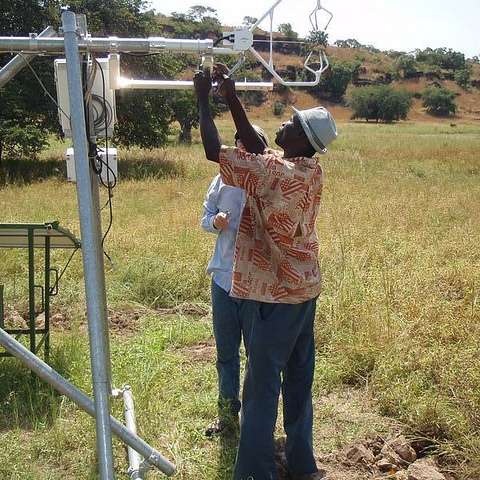
Credit: Théophile Mandé and Natalie Ceperley
More information: Theophile Mande et al. Suppressed convective rainfall by agricultural expansion in southeastern Burkina Faso, Water Resources Research (2015). DOI: 10.1002/2015WR017144
Journal information: Water Resources Research
Provided by University of British Columbia



















